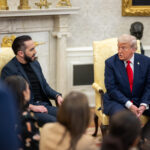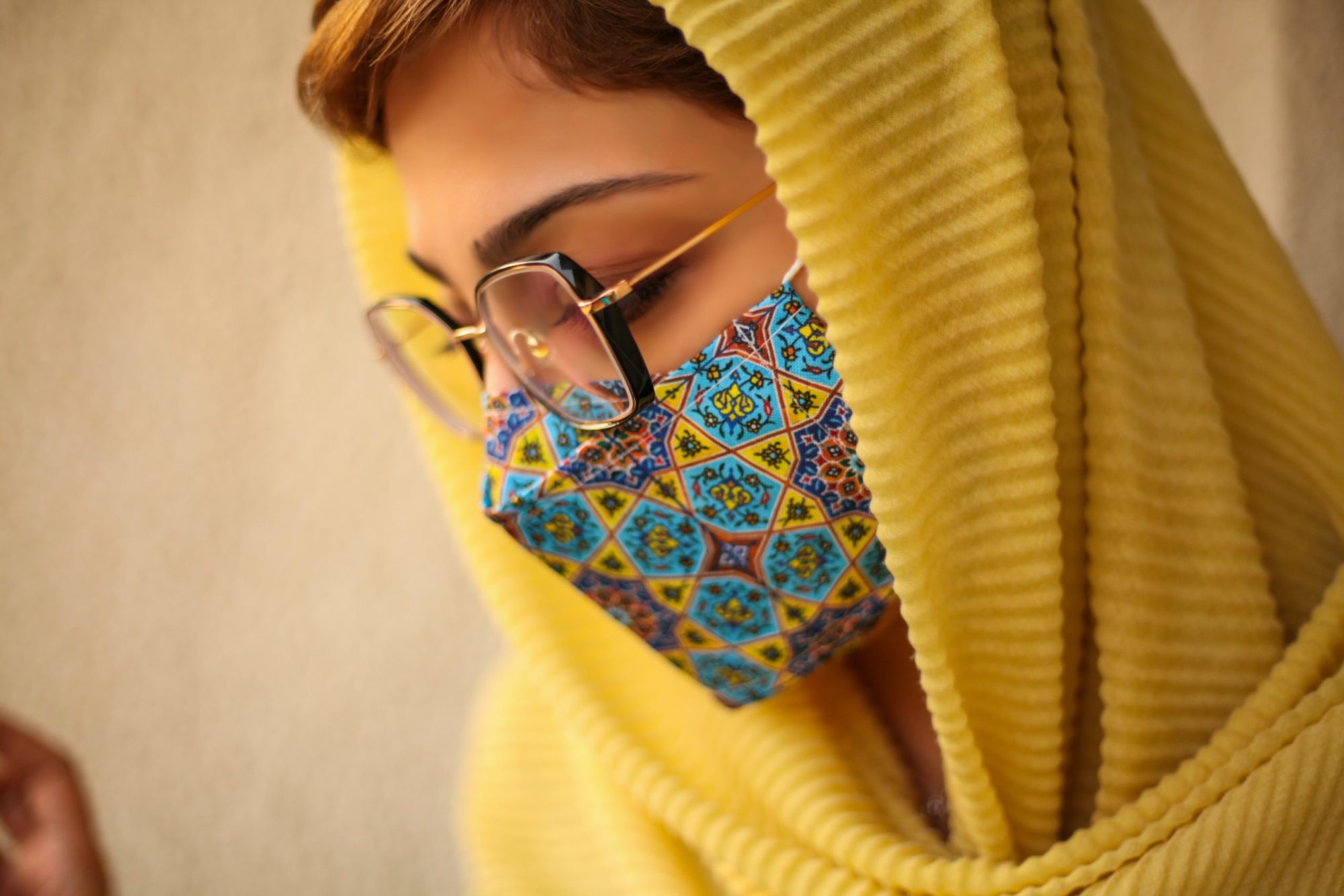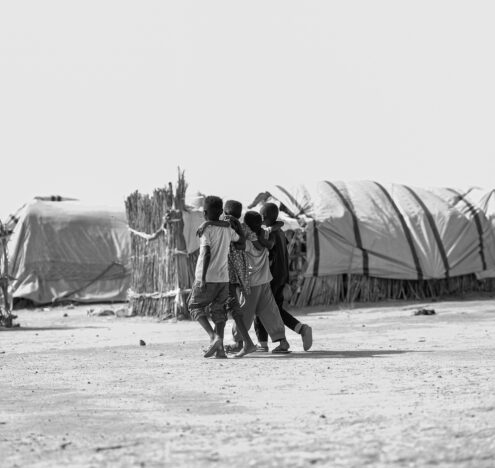With COVID-19 cases receding and vaccinations proceeding, many Americans are navigating a return to normal with a sense of hope. Yet, most are blissfully unaware that for the past 18 months the US has been actively exacerbating the COVID-19 pandemic in Iran, where crippling sanctions are preventing Iran from accessing the resources necessary to quell the pandemic. The Biden administration has an important opportunity to reverse these policies and help the Iranian people obtain vaccines, while also giving diplomacy with Iran a much-needed booster shot. Doing so would help protect the world against the virus — and against the threat of nuclear weapons.
After former President Donald Trump reneged on the Iran nuclear deal, he implemented a punishing maximum pressure sanctions regime on Iran’s economy, with devastating humanitarian impacts. In March of 2020, the Washington Post reported that sanctions were actively obstructing Iran’s access to medicine and equipment. Our sanctions are also greatly hindering Iran’s efforts to obtain enough COVID-19 vaccines. Analysts say that the sanctions on the Iranian banking sector create legal and financial concerns for international businesses and additional hurdles for importing vaccines. These obstacles likely contributed to the spread of the delta variant, which late this summer left the Iranian healthcare system “on the verge of collapse.”
While the current sanctions regime originated under the Trump administration, it has continued under President Joe Biden. Broad economic sanctions have left Iranian assets frozen abroad and make it difficult for the government to perform basic international economic transactions, as businesses and banks fear being hit with secondary sanctions. Biden’s posture may be constraining Iran’s willingness to return to a deal, and if the US doesn’t adjust its approach, a deal might slip out of reach.
With the recent announcement that Iran will return to the negotiating table on Nov. 29, the Biden administration has a narrow window to bolster trust heading into talks. The head of the International Atomic Energy Agency, Rafael Grossi, recently testified to Congress that the next few weeks will be decisive in determining whether the nuclear deal can be revived. At the same time, Iran is facing a sixth wave of the coronavirus, with only 35% of Iranians fully vaccinated and the vast majority of those vaccinated having received the less-effective Sinopharm vaccine. In an effort to help combat the spread of coronavirus, Iran is seeking to increase imports of foreign-made vaccines after initially rejecting them.
If Biden is truly committed to a foreign policy based on human rights, he must put the lives and health of the Iranian people ahead of coercing behavioral change from the Iranian government.
With diplomacy hanging in the balance and Iran preparing for a new COVID-19 wave, the Biden administration could build trust and accelerate the path back to a deal by helping Iranians obtain vaccines. One path for doing so is to issue letters of comfort, making it clear to both vaccine manufacturers and international entities that they will not be sanctioned for helping Iran get vaccines. That step could encourage companies like Moderna and Pfizer to provide enough supply to distribution hubs that Iran can access.
The Biden administration could also make it easier for Iran to access economic resources to fight the pandemic. The Trump administration blocked Iran’s efforts to obtain a loan from the International Monetary Fund (IMF) to fight coronavirus, a move that was criticized by the EU and former Obama administration Treasury officials. Biden could drop objections to the IMF loan and unfreeze Iranian assets in South Korea, which the Iranian foreign minister proposed as a “good signal” that could boost the chances for diplomacy.
PUTTING PEOPLE FIRST
If Biden is truly committed to a foreign policy based on human rights, he must put the lives and health of the Iranian people ahead of coercing behavioral change from the Iranian government. It’s hard to overstate how devastating the pandemic has been for Iran; adjusted for population, it has the tenth-highest death toll in the world from the coronavirus, and the eleventh-highest case mortality rate.
Working to ensure Iran is equipped to handle the COVID-19 pandemic is not only a moral imperative, but a step that would protect all Americans by reducing the chances for development of another deadly variant. Helping Iran fight COVID-19 could serve as a critical trust-building measure to overcome the current diplomatic stalemate, help de-escalate nuclear tensions, create space for further diplomacy, and lessen the chances of a military confrontation. What’s clear is that the paradigm of maximum pressure and maximum suffering is a human rights violation, a threat to global health security, and a foreign policy failure. The Biden administration should seek to reverse it with urgency.
Kat DesCamp-Renner is the program assistant for Middle East policy at the Friends Committee on National Legislation. Her work centers on supporting FCNL’s lobbying efforts to advance a just and sustainable foreign policy toward the region. She graduated from the University of Virginia in 2021 with a BA in foreign affairs and global studies. Prior to joining FCNL, Kat held internships at the Center for International Policy and Churches for Middle East Peace.




















